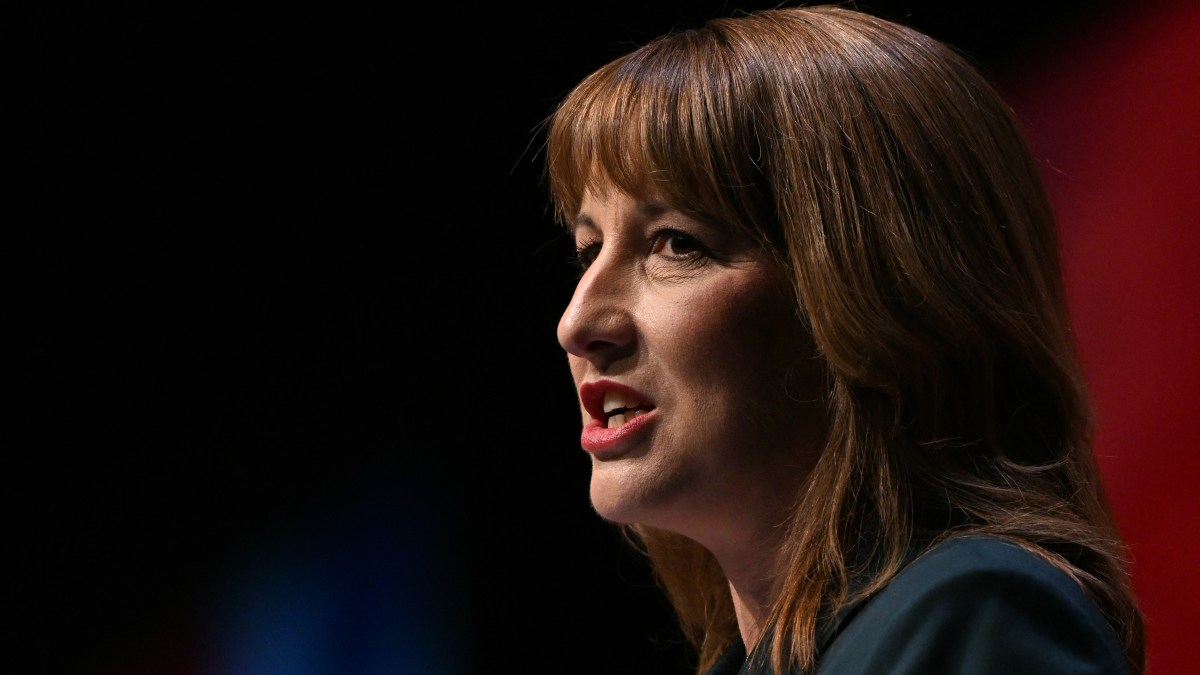The chancellor must stamp out pension tax raid rumours ahead of next month’s budget and reconsider the triple lock, an influential industry body has warned.
Pensions UK, which represents retirement schemes for more than 30 million savers, wrote in an open letter to Rachel Reeves that it was concerned by reports that the tax-free lump sum allowance could be cut.
The organisation said speculation alone was enough to create a “rush” of pension withdrawals similar to those seen ahead of last year’s budget.
Savers aged 55 and over (rising to 57 from April 2028) can usually withdraw up to 25 per cent of their retirement savings tax-free, up to a cap of £268,275.
But reports in October last year suggested that Reeves had modelled plans to cut this to £100,000. She later decided to leave the cap untouched though the government faced criticism for failing to address the rumours early enough.
The Treasury has so far refused to rule out cutting the lump sum allowance again this year.
Savers withdrew a record £18.08 billion in tax-free lump sums in the 2024-25 tax year , a 61 per cent increase on the year prior, according to the Financial Conduct Authority, the City regulator.
• I’m a pensions expert and I’m taking my tax-free cash now
In her letter to the chancellor, Zoe Alexander from Pensions UK wrote: “Recent experience shows that even speculation about changes to the tax-free lump sum has triggered a dramatic surge in pension withdrawals.
“Any actual policy shift is likely to significantly accelerate this trend. A rush to pension withdrawals would reduce assets under management and the capacity of pension funds to invest in growth assets, with negative consequences for savers and the wider economy. Implementation would be highly complex and politically risky.”
The body also said it would welcome a reform to the triple lock, which ensures the state pension rises each year in line with inflation, average earnings or 2.5 per cent, whichever is highest.
Alexander said the triple lock was essential to preventing pensioner poverty but that once this had been achieved “consideration should be given to a new indexation”.
She added that the government must determine how best to increase the state pension in the future and whether “other forms of indexation” are more sustainable.

